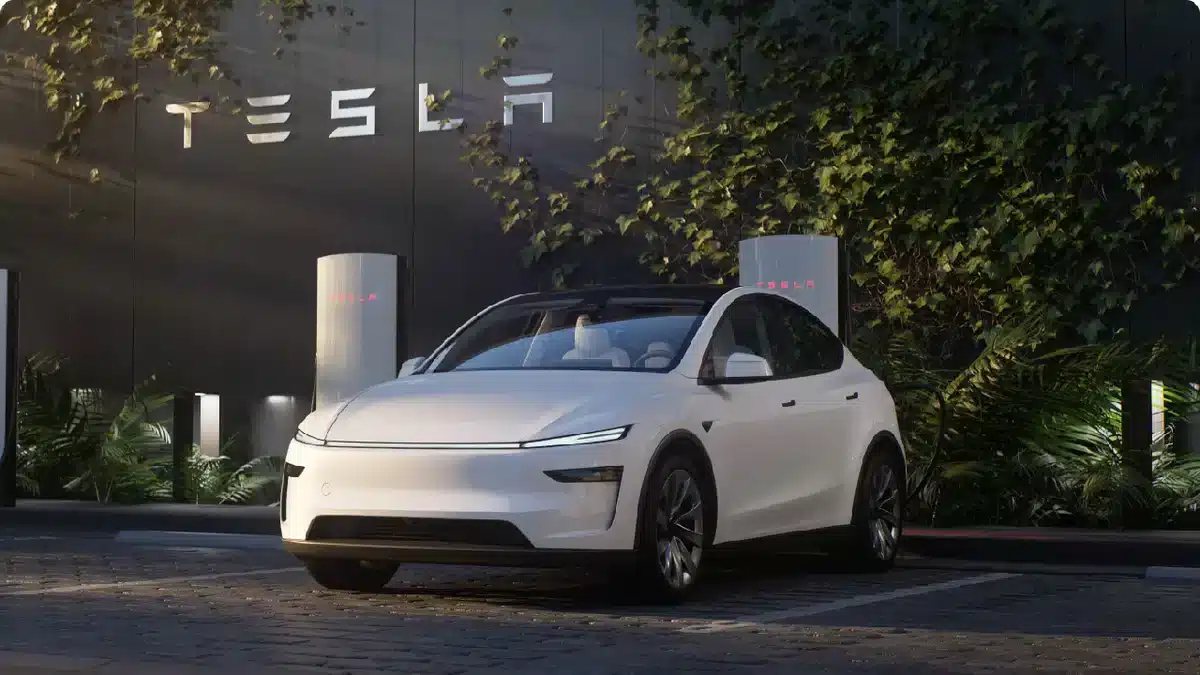German researchers have revolutionized our understanding of home heating through comprehensive analysis of 13 distinct systems. Their groundbreaking methodology combined environmental impact assessment with economic viability studies, examining everything from installation expenses to long-term carbon emissions. This scientific approach finally provides homeowners with concrete data to make informed choices about their heating infrastructure.
The study’s rigorous evaluation process considered multiple variables including energy consumption patterns, maintenance costs, and natural resource utilization. By analyzing real-world performance data across different climate conditions, researchers eliminated guesswork from heating system selection. Their findings challenge conventional wisdom about what constitutes the most economical heating solution for modern households.
Previous debates often relied on theoretical calculations or manufacturer claims rather than comprehensive field studies. This German research team’s methodical approach bridges the gap between laboratory testing and actual home performance, providing unprecedented clarity on heating system efficiency.
Air-water heat pumps paired with solar technology dominate efficiency rankings
The research conclusively identified air-water heat pumps combined with photovoltaic panels as the superior heating solution. This innovative pairing demonstrated remarkable performance metrics, achieving 17% lower environmental impact compared to traditional gas boilers while simultaneously reducing operational costs by 6%. The system’s efficiency stems from its ability to harness ambient air energy while generating electricity through solar capture.
Even under worst-case scenarios analyzed by researchers, this combination maintained its competitive advantage over conventional alternatives. The dual-technology approach maximizes energy independence by reducing reliance on grid electricity during peak consumption periods. Homeowners can significantly decrease their carbon footprint while enjoying consistent heating performance throughout seasonal variations.
The photovoltaic component creates opportunities for further optimization through increased self-consumption of generated electricity. During sunny periods, solar panels can power the heat pump directly, creating an almost self-sufficient heating ecosystem. This synergy becomes particularly valuable as energy costs continue rising globally, making the initial investment increasingly attractive from a long-term perspective.
Smart integration between these technologies allows for dynamic energy management based on weather conditions and household consumption patterns. Modern systems can automatically adjust heat pump operation to maximize solar energy utilization, creating intelligent heating solutions that adapt to changing circumstances. Much like how Japan’s breakthrough in electrolysis technology promises revolutionary energy production, this heating combination represents a paradigm shift in home climate control.
Unexpected rankings challenge traditional heating perceptions
Wood gasification boilers emerged as surprising contenders, securing second place in eco-efficiency rankings despite conventional assumptions about wood-burning systems. These sophisticated units achieved 42% lower environmental impact than gas boilers, though at 20% higher operational costs. The superior performance results from advanced combustion technology that maximizes energy extraction while minimizing emissions.
Sustainable forest management practices contribute significantly to wood gasification systems’ environmental credentials. Properly sourced biomass creates a carbon-neutral cycle where trees absorb CO2 during growth, releasing equivalent amounts during combustion. This renewable resource approach contrasts sharply with fossil fuel dependency inherent in traditional heating methods.
Several factors contribute to wood gasification boilers’ impressive environmental performance :
- Complete combustion technology that eliminates most particulate emissions
- Renewable biomass fuel sourcing from sustainably managed forests
- Minimal transportation requirements for locally sourced wood fuel
- Long equipment lifespan reducing manufacturing impact
- Potential for waste wood utilization reducing landfill burden
Conversely, some systems previously considered environmentally friendly failed to meet expectations. Pellet boilers combined with solar thermal technology and heat pumps with ice storage ranked poorly in overall eco-efficiency assessments. Researchers attributed these disappointing results to system complexity and excessive installation costs that negated potential environmental benefits.
Traditional gas boilers, despite economic appeal, generated the highest greenhouse gas emissions among all studied systems. Even when paired with solar thermal panels, these units couldn’t overcome their fundamental reliance on fossil fuels. This finding emphasizes the urgent need for transitioning away from gas-dependent heating infrastructure. For homeowners considering comprehensive home improvements, understanding standard bathroom dimensions becomes important when planning efficient heating system installations throughout the house.
Practical implementation strategies for optimal heating efficiency
Selecting the ideal heating system requires careful consideration of individual circumstances beyond simple efficiency ratings. Home insulation quality, local climate patterns, and available energy sources all influence optimal system choice for specific households. Well-insulated homes maximize heat pump efficiency, while poorly insulated structures may benefit more from high-output combustion systems.
Geographic location significantly impacts system performance, particularly for air-source heat pumps operating in extremely cold climates. Southern regions with abundant sunshine naturally favor photovoltaic integration, while northern areas might benefit more from ground-source alternatives. Understanding these regional variations helps homeowners make informed decisions based on their specific environmental conditions.
Smart heating practices can further enhance any system’s efficiency regardless of technology choice. Zone control systems allow heating only occupied areas, reducing overall energy consumption while maintaining comfort levels. Programmable thermostats enable automatic temperature adjustment based on occupancy patterns, eliminating wasteful heating during absence periods. Simple practices like ensuring proper home maintenance can be as important as major system choices – for instance, knowing about efficient freezer management helps maintain overall home energy efficiency.
Financial considerations extend beyond initial purchase prices to include long-term operational costs and maintenance requirements. Government incentives and rebates can significantly offset initial investment costs for efficient systems, making premium technologies more accessible to average homeowners. Many regions offer substantial tax credits for heat pump installations and solar panel systems, improving economic viability considerably.
Modern heating solutions represent just one aspect of comprehensive home efficiency planning. Those considering major renovations might explore space-saving solutions like innovative furniture designs that complement efficient heating systems, while avoiding costly mistakes such as hidden property investment risks that could impact long-term heating upgrade budgets.










